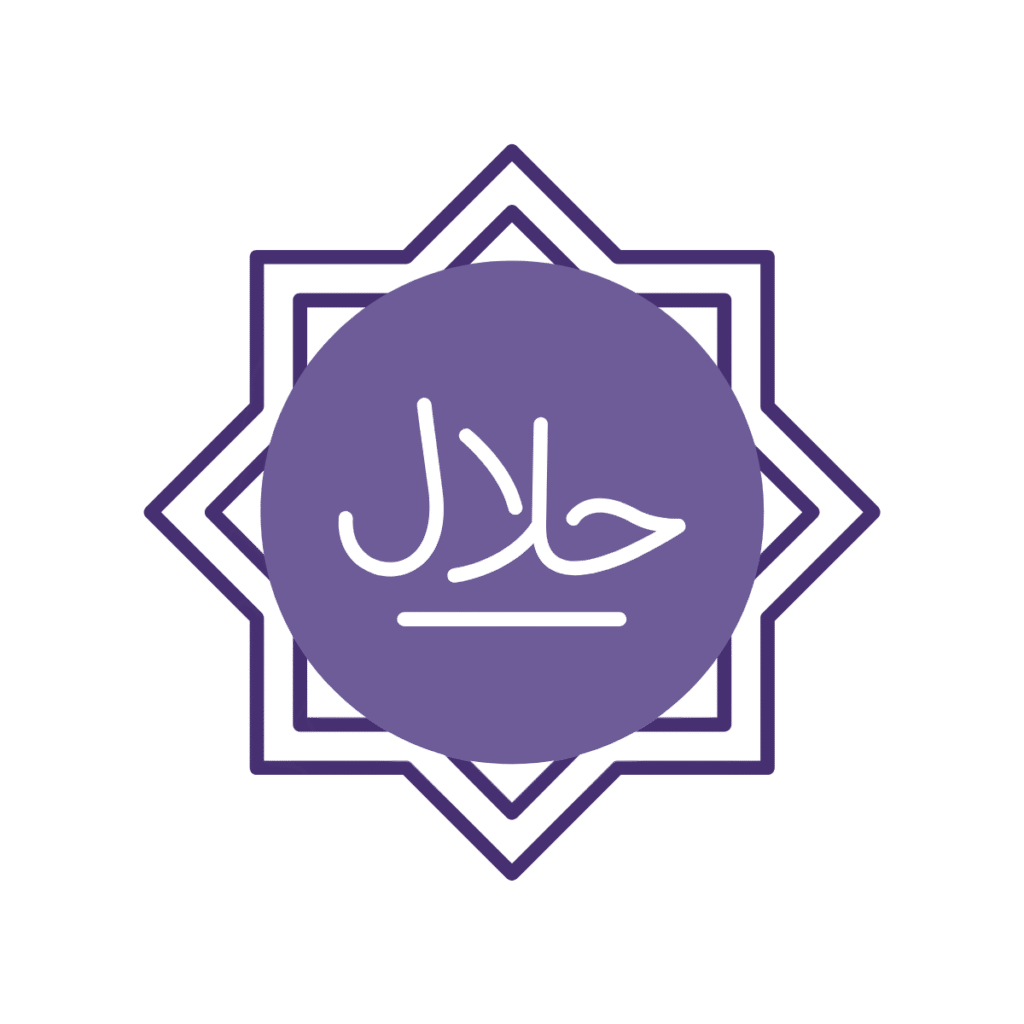Zakat is one of the Five Pillars of Islam, and it is an essential act of worship and charity. It’s a prescribed form of almsgiving, where Muslims give a portion of their wealth to those in need. The word “zakat” means “purification” and “growth,” as it purifies both the giver’s wealth and their heart, while promoting the welfare of the less fortunate.
The Purpose of Zakat
Zakat is not only a financial obligation but also a spiritual act of charity. It is a way to purify wealth by redistributing a portion of it to those who are less fortunate. Through zakat, Muslims learn humility, empathy, and gratitude for the blessings Allah has bestowed upon them. The act of giving also helps reduce inequality in society.
“The example of those who spend their wealth in the way of Allah is like that of a seed of grain which produces seven spikes; in each spike is a hundred grains. Allah multiplies His reward for whomsoever He wills.” (Surah Al-Baqarah 2:261)
The Prophet Muhammad (peace be upon him) said:
“Charity does not decrease wealth.” (Sahih Muslim)
This is a reminder that giving does not diminish your wealth; instead, it increases blessings in both this world and the hereafter.
Video Resources:
Who Must Give Zakat?
Zakat is obligatory for all Muslims who meet certain criteria. It is due on a person’s wealth and assets once a year if they have a minimum amount of savings called the nisab, which is the minimum threshold for zakat to become obligatory.
The nisab is typically equivalent to the value of 85 grams of gold or 595 grams of silver. If a person’s wealth exceeds this threshold and they’ve held it for one full lunar year (Hijri year), then zakat is due. It is important to note that zakat is only due on savings, investments, business profits, and wealth accumulated over the year, not on personal items or assets for personal use (e.g., a home or car).
How Much Zakat Is Due?
The standard amount of zakat due is 2.5% of a Muslim’s savings and wealth that has been in their possession for a full year. This includes money, investments, gold, silver, business assets, and agricultural products.
Formula for calculating zakat:
Zakat = (Total Wealth – Debts) × 2.5%
For example, if you have savings and assets worth $10,000, after subtracting any debts, zakat due would be $250 (2.5% of $10,000).
🪙There are many online zakat calculators to help you figure out the minimum amount of zakat you need to give:
https://www.islamicreliefcanada.org/our-work/zakat_calculator
Who Receives Zakat?
Zakat must be given to specific categories of people who are in need. Allah mentions these categories in the Qur’an:
“Zakat is for the poor and the needy, and those who are employed to collect it, and for those whose hearts are to be reconciled, and for those in bondage, and for those in debt, and for the cause of Allah, and for the traveller.” (Surah At-Tawbah, 9:60)
Here are the main recipients:
- The Poor (Al-Fuqara): Those who have insufficient means to meet their basic needs.
- The Needy (Al-Masakin): Those who may not be entirely destitute but are still in need of assistance.
- Zakat Collectors: Those responsible for distributing zakat.
- Reconciliation of Hearts: This category refers to new Muslims or those who need support to strengthen their faith.
- Those in Bondage: Captives or those in debt who need assistance to free themselves.
- Travellers in Need: Those stranded or in financial difficulty during their travels.
- For the Cause of Allah: Supporting Islamic causes or projects such as building mosques, educational programs, or helping in times of crisis.
It’s important to note that zakat cannot be given to close family members (such as parents, children, or spouses) unless they are destitute. However, if you have relatives (non-immediate family members) who are eligible to receive zakat, they should be your priority.
The Benefits of Giving Zakat
- Purification of Wealth: Zakat purifies a person’s wealth, making it free from the impurities of greed and selfishness. It also ensures that wealth circulates throughout society, reducing economic inequality.
- Spiritual Rewards: Zakat is an act of worship that pleases Allah. The act of giving charity purifies the heart and helps individuals grow closer to Allah, earning rewards in the hereafter.
- Increases Blessings: Giving zakat brings blessings into the life of the giver. It brings peace, contentment, and joy to the heart, knowing that they have fulfilled their obligation and helped those in need.
- Reduces Poverty: Zakat is a powerful tool in reducing poverty and inequality within the Muslim community. By providing financial support to the poor, zakat helps strengthen society and ensure the welfare of the less fortunate.
- Fosters Compassion and Empathy: Giving zakat helps cultivate empathy for those who are struggling. It reminds us to be grateful for what we have and to help others who are less fortunate.
How to Pay Zakat
- Directly to the Needy: If you know individuals in need, you may give your zakat directly to them, ensuring they fit the categories mentioned above. If anything, the people you know directly should be a priority.
- Through Zakat Organisations: There are many reputable charities and zakat organisations that collect and distribute zakat to those in need. They often have systems in place to ensure that zakat reaches the rightful recipients. This is a good option if you are unsure how to distribute it yourself.
- Online Platforms: Many online platforms now allow Muslims to calculate and pay their zakat directly to the charity of their choice. Be sure to choose a trustworthy organisation that follows Islamic guidelines in distributing zakat.
Online Zakat Charities:
Please also check for zakat organisations within your own country and region. If you have any other reputable charities you find, you’re more than welcome to contact me, and I can add them to this list.
WORLDWIDE:
https://islamic-relief.org/zakat-year/
https://www.muslimglobalrelief.org/zakat/
CANADA:
https://www.islamicreliefcanada.org/our-work/zakat
https://www.nzfcanada.com/donate
USA:
https://oinusa.org/religious-dues/what-is-zakat/
*Contact me via this website to add more charities to this list.
Zakat al-Fitr: A Special Charity for Eid
In addition to zakat, there is also zakat al-fitr, which is a special charity given at the end of Ramadan before the Eid al-Fitr prayer. The purpose of this charity is to purify the fasting person from any mistakes or shortcomings during Ramadan and to help those in need celebrate the Eid holiday.
Zakat al-fitr is typically a fixed amount per person, which varies depending on local prices but is usually equivalent to the cost of staple food items (e.g., dates, wheat, or rice).
Encouragement for Giving Zakat
Zakat is not just an obligation; it is an opportunity to cleanse your wealth and your heart. It is a way to cultivate gratitude, humility, and compassion. Allah says in the Qur’an:
“By no means shall you attain righteousness until you give (of that which you love).” (Surah Al-Imran, 3:92)
This act of charity opens the doors to many blessings, both in this life and the hereafter. No matter the amount, giving zakat is a means of drawing closer to Allah and earning His mercy. Remember, it’s not about the quantity but the sincerity and intention behind it.
May Allah accept your zakat and purify your wealth, and may He grant you the strength to help those in need. 💖



